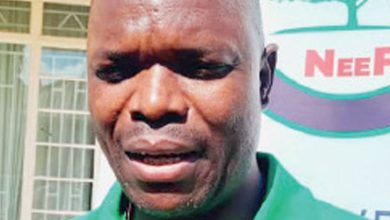Rough road to ballot majority threshold
With just three weeks before Malawians cast their votes on 16 September, political parties have shifted into high gear, crisscrossing the breadth and width of the country in a final push to win support.
But with 17 presidential candidates on the ballot, analysts warn that securing the constitutionally required 50% plus one vote will be a daunting task..
One of those is Ntchindi Mhango, who predicts that achieving the 50+1 majority threshold will be “an uphill task” in the upcoming elections.

Mhango, who withdrew his Karonga Central parliamentary bid to rally behind Frank Mwenefumbo, National Development Party president, says the sheer number of presidential candidatess makes it nearly impossible for one party to secure an outright victory.
“With so many contenders, the vote will be extremely fragmented,” Mhango said. “Without strong and strategic alliances, no single party is likely to cross the 50+1 mark in the first round.”
According to Malawi’s electoral laws, if no candidate secures more than 50 percent of the total votes plus one, the Malawi Electoral Commission (MEC) will be forced to hold a runoff election involving only the two highest-scoring candidates from the first round.
Mhango warned that such a scenario would put a heavy strain on Malawi’s limited financial resources.
“A rerun will be a burden on the public purse,” he cautioned. “Organising another nationwide vote just weeks after the first election will cost billions. That is why there was an urgent need for formidable alliances before going into this race.”
The contest is largely shaping up to be a battle between the Democratic Progressive Party (DPP), the ruling Malawi Congress Party (MCP) and the UTM.
Mhango’s projection is supported by findings from an Afrobarometer survey conducted in partnership with the University of Malawi’s Centre for Social Research (CSR).
The data shows that if elections were held in August last year, the DPP would have commanded 43% support, ahead of MCP at 29%, while UTM and the United Democratic Front (UDF) trailed far behind with 7% and 4%, respectively.
“The numbers speak for themselves,” Mhango explained. “Even the leading party, DPP, is far from the 50+1 threshold. Without partnerships, we are almost certainly heading for a runoff.”





